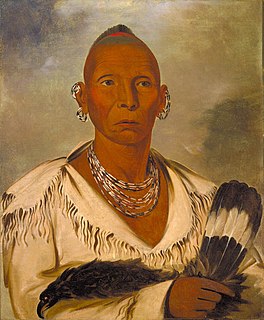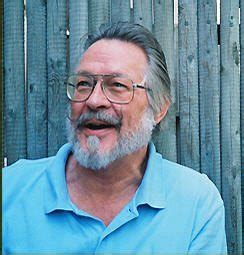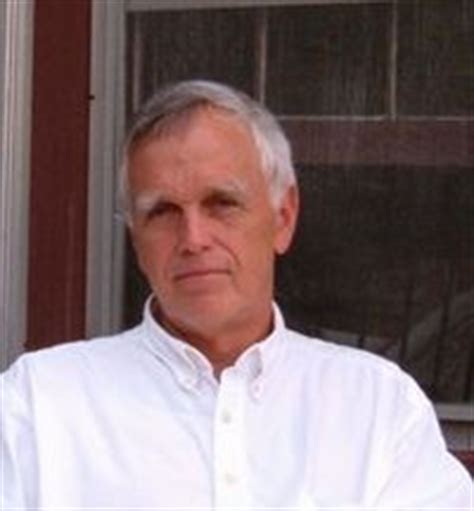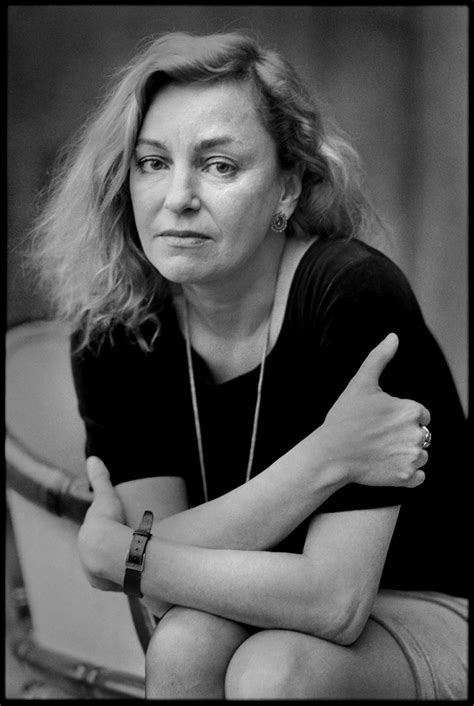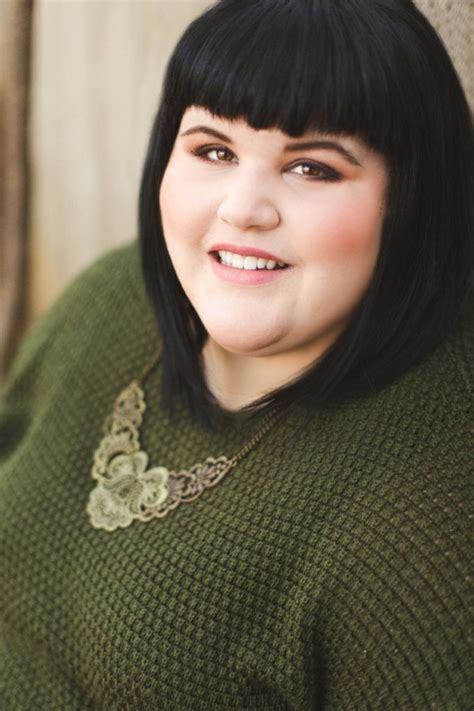A Quote by Robert Breault
The clash between child and adult is never as stubborn as when the child within us confronts the adult in our child.
Related Quotes
In certain circumstances where he experiments in new types of conduct by cooperating with his equals, the child is already an adult. There is an adult in every child and a child in every adult. ... There exist in the child certain attitudes and beliefs which intellectual development will more and more tend to eliminate: there are others which will acquire more and more importance. The later are not derived from the former but are partly antagonistic to them.
A child is an eager observer and is particularly attracted by the actions of the adults and wants to imitate them. In this regard an adult can have a kind of mission. He can be an inspiration for the child's actions, a kind of open book wherein a child can learn how to direct his own movements. But an adult, if he is to afford proper guidance, must always be calm and act slowly so that the child who is watching him can clearly see his actions in all their particulars.
Soothing touch, whether it be applied to a ruffled cat, a crying infant, or a frightened child, has a universally recognized power to ameliorate the signs of distress. How can it be that we overlook its usefulness on the jangled adult as well? What is it that leads us to assume that the stressed child merely needs “comforting,” while the stressed adult needs “medicine”?
Games are a trigger for adults to again become primitive, primal, as a way of thinking and remembering. An adult is a child who has more ethics and morals, that's all. I am not creating a game. I am in the game. The game is not for children, it is for me. It is for an adult who still has a character of a child.
When you practice Dynamic Meditation for the first time this will be difficult, because we have suppressed the body so much that a suppressed pattern of life has become natural to us. It is not natural! Look at a child: he plays with his body in quite a different way. If he is crying, he is crying intensely. The cry of a child is a beautiful thing to hear, but the cry of an adult is ugly. Even in anger a child is beautiful; he has a total intensity. But when an adult is angry he is ugly; he is not total. And any type of intensity is beautiful.







